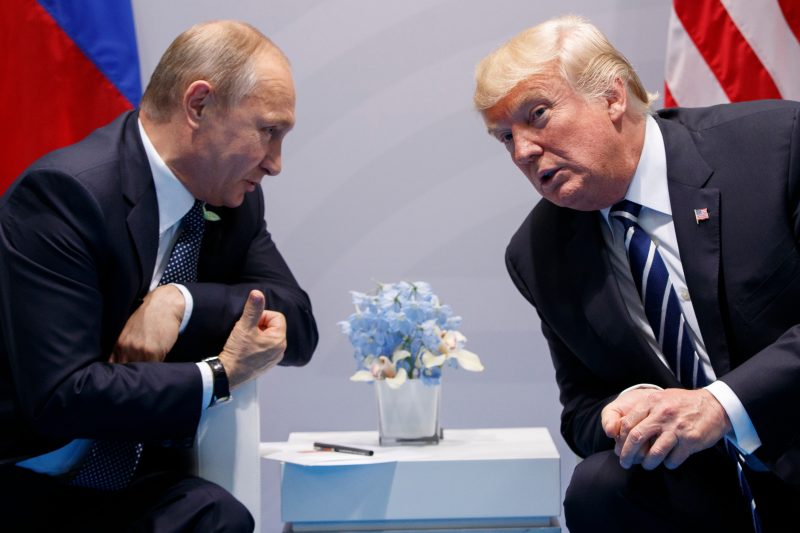In the recent past, the issue of Russian interference in the United States elections has been a hot topic, generating much debate and controversy. The link provided sheds light on the fact that Russian interference was not a hoax as some may have believed. The implications of foreign interference in a country’s electoral processes are vast and far-reaching, affecting the very core of democracy itself. This article delves into the complexities surrounding the issue of Russian interference and highlights the importance of addressing such threats to safeguard the integrity of democratic institutions.
One of the key aspects highlighted in the article is the extensive evidence that has emerged pointing towards Russian interference in the 2016 US presidential election. The involvement of Russian actors, including government officials and agents, in spreading disinformation and conducting cyberattacks aimed at influencing the American electorate is a matter of grave concern. These actions not only undermine the credibility of the electoral process but also erode public trust in the democratic system.
Furthermore, the article underscores the need for robust measures to counter foreign interference in elections. It stresses the importance of enhancing cybersecurity protocols, strengthening information sharing between government agencies, and implementing strict regulations to prevent foreign actors from meddling in democratic processes. The role of the government, technology companies, and civil society in addressing these challenges is pivotal in safeguarding the sanctity of elections.
Moreover, the article touches upon the broader implications of foreign interference beyond elections. It highlights how such activities can pose a threat to national security, sow discord within society, and destabilize democratic norms. The rising trend of disinformation campaigns, fake news, and manipulation of social media platforms by foreign actors has significant implications for the functioning of modern democracies.
In conclusion, the issue of Russian interference in the US elections serves as a stark reminder of the evolving threats that democracies face in the digital age. It underscores the need for constant vigilance, proactive measures, and international cooperation to counter the influence of malign actors in shaping the political landscape. By addressing these challenges head-on and upholding the principles of transparency, accountability, and fairness, democratic societies can fortify themselves against external threats and safeguard the integrity of their electoral processes.

